
Jekyll sites can be connected to cloud-based CMS software such as CloudCannon, Forestry, Netlify or Siteleaf, and Github enabling content editors to modify site content without having to know how to code.
Here is the link to Gordon’s fine presentation.
Saturday, May 25, 2019
10:00 AM to 12:00 PM
Camosun College Interurban Campus
Tech Bldg, Tec 177
4461 Interurban Road · Victoria, BC
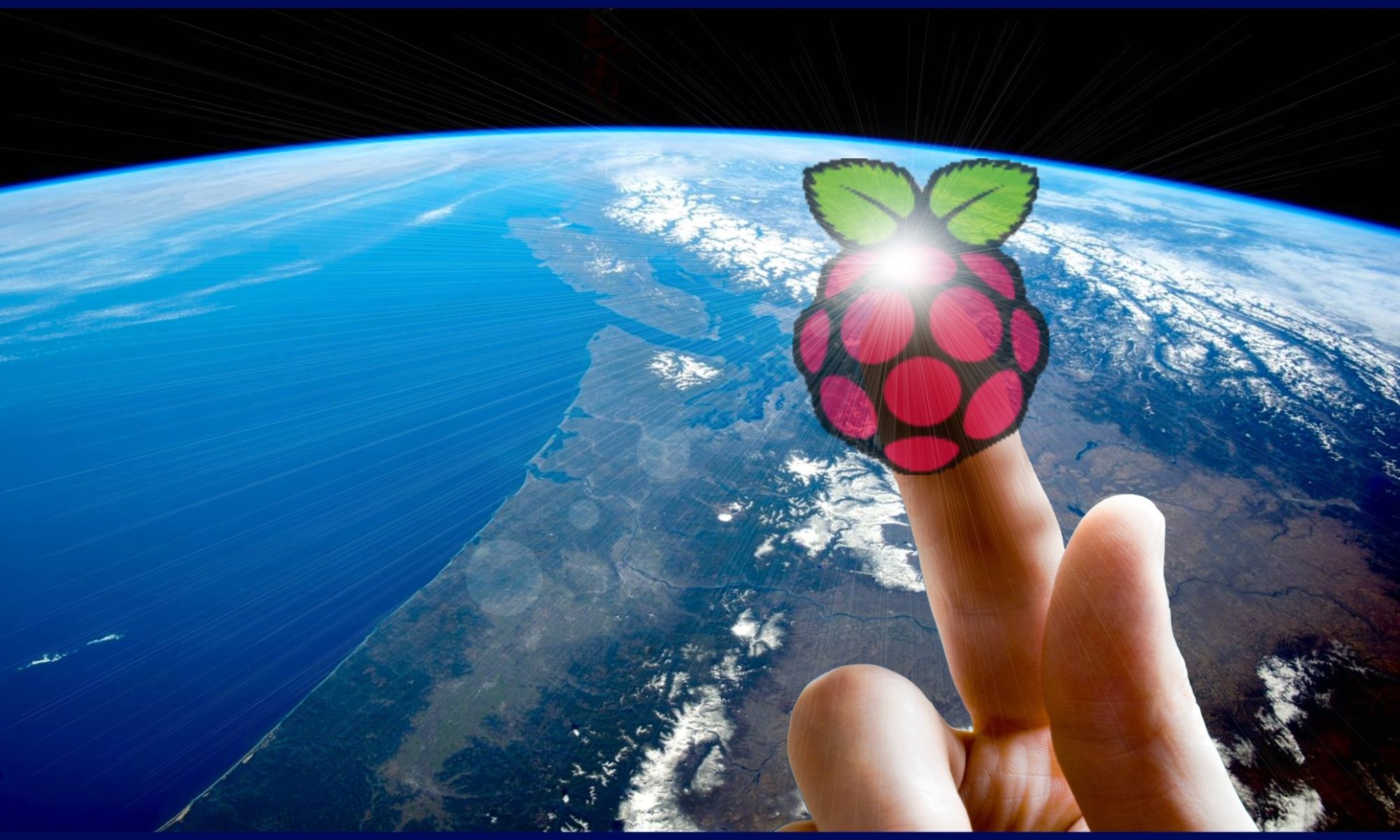
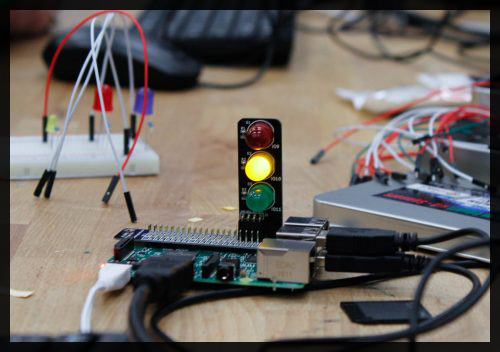


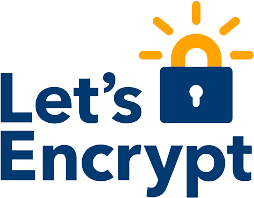
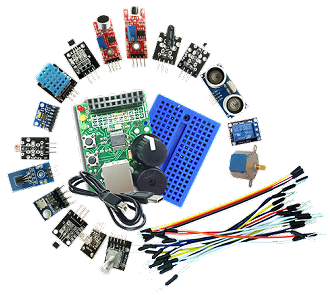

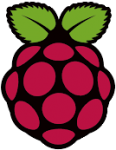
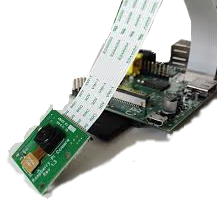


 Setup an IP Camera at the front door, and a Pi with a nice 7″ screen to see “who’s knocking”.
Setup an IP Camera at the front door, and a Pi with a nice 7″ screen to see “who’s knocking”.
 Hosted by
Hosted by 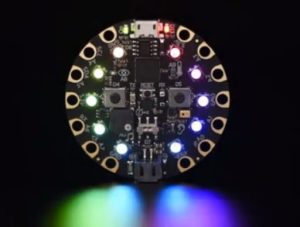 A shallow Dive into Adafruit’s Circuit Playground Express
A shallow Dive into Adafruit’s Circuit Playground Express
 Welcome back from Summer. At this meeting we’ll be doing a show and tell, talking about what Pi (and others) projects we worked on over the summer break
Welcome back from Summer. At this meeting we’ll be doing a show and tell, talking about what Pi (and others) projects we worked on over the summer break Victoria PiMakers and Others are on a summer break. We will meet again on Saturday, September 8th, at Q-College. The presentation(s) will be “My Summer Show & Tell.”
Victoria PiMakers and Others are on a summer break. We will meet again on Saturday, September 8th, at Q-College. The presentation(s) will be “My Summer Show & Tell.”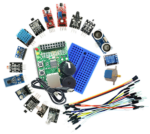 Jim’s presentation focuses on interfacing sensors and devices ( modules) to microcontrollers followed by actual examples. Two or more examples will be discussed using I/O from pulse inputs, IR transmitters/receivers, accelerometers, load cells, Bluetooth SPP and motion controllers.
Jim’s presentation focuses on interfacing sensors and devices ( modules) to microcontrollers followed by actual examples. Two or more examples will be discussed using I/O from pulse inputs, IR transmitters/receivers, accelerometers, load cells, Bluetooth SPP and motion controllers.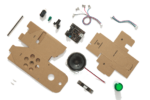 Along with everything the Google Assistant already does, you can add your own question and answer pairs. All in a handy little cardboard cube, powered by a Raspberry Pi.
Along with everything the Google Assistant already does, you can add your own question and answer pairs. All in a handy little cardboard cube, powered by a Raspberry Pi.